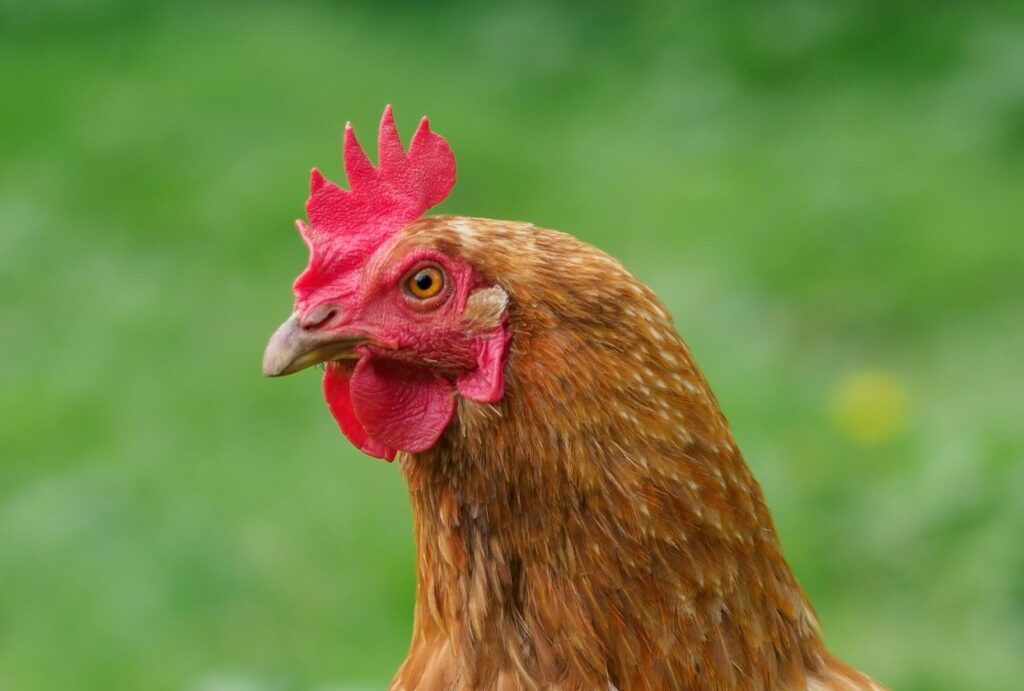Wesly Brogdon? Dea Reed? Kareem Abdul-Jabbar? Bobby Foster? Dean Martin? Anonymous?

Question for Quote Investigator: When the answer to a question is obviously affirmative the respondent can employ a rhetorical phrase from a family that includes these three examples:
Is water wet?
Can birds fly?
Is the Pope a Catholic?
When the answer is obviously negative the respondent can employ one of these phrases:
Is Billy Graham Catholic?
Does a chicken have lips?
The answer to these two questions is clearly no. Billy Graham was a Southern Baptist minister. Chickens have beaks instead of lips.
Oddly, the latter phrase is now ambiguous. Some people believe it means “obviously, no”, and other people believe it means “obviously, yes”. Would you please explore the history of this expression?
Reply from Quote Investigator: The earliest match known to QI appeared in 1963 within the yearbook of a high school in Arvin, California. A student selected the statement to appear as his personal catchphrase. Unfortunately, the limited context did not delineate the meaning: 1
BROGDON, WESLY — 2. Track, Football. 4. Ratty cars. 6. “Does a chicken have lips.”
In July 1965 a version of the phrase appeared in “The Washington Daily News” of Washington D.C. within an article about a high school basketball match. A coach emphasized the upbeat aspects of the competition, and a spectator disagreed by using a sarcastic instance of the phrase:2
… “Actually this league is only for learning basketball and for letting the kids have fun. That’s all.”
That’s what Wootten said. But when a spectator heard it, he didn’t quite agree. “Sure, sure” said the spectator, “and a chicken has lips.”
Below are additional selected citations in chronological order.
Continue reading “Catchphrase Origin: Does a Chicken Have Lips?”







